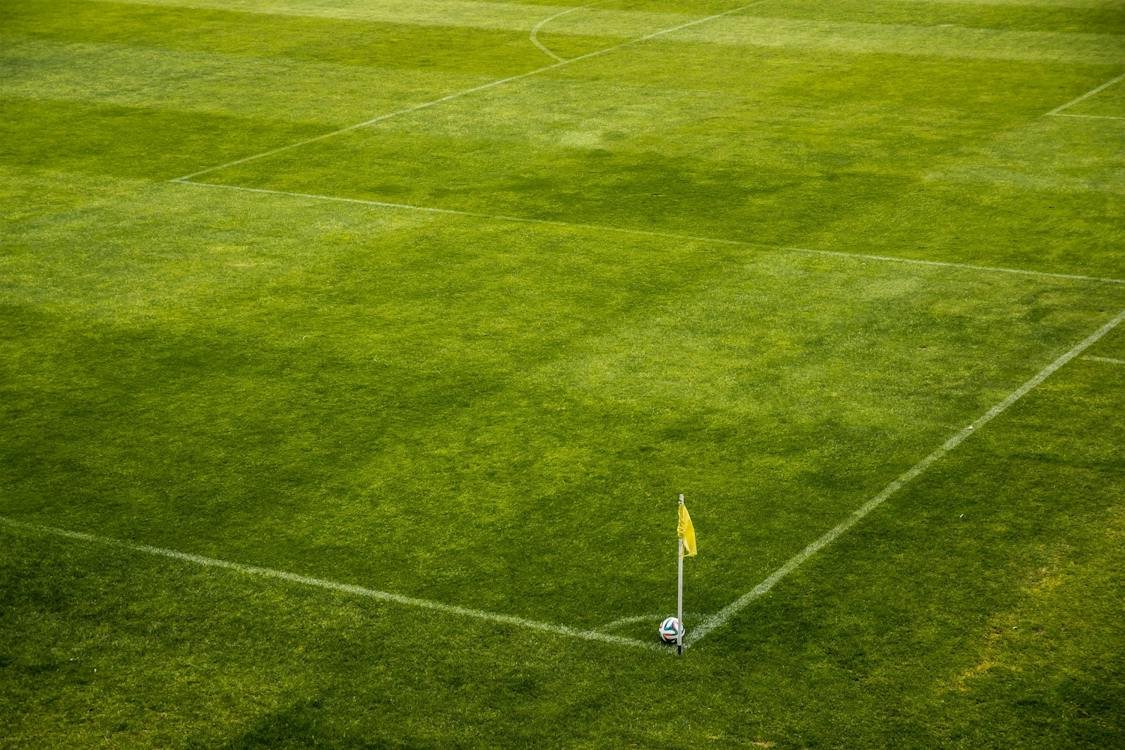Prohibited cartels and abuse of dominant position by Fifa and UEFA: the CJEU's historic ruling
In a ruling on 21 December 2023, the European Court of Justice (CJEU) declared certain rules in the Statutes of FIFA and UEFA, private-law associations aimed at promoting and defining the sport of football at European and world level, to be contrary to EU law.
The case had arisen as a result of a request for a preliminary ruling by the Juzgado de lo Mercantil of Madrid on a pending case between FIFA and UEFA and the European Superleague Company SL, a Spanish company set up for the purpose of creating a new football competition.
As most football fans will be aware, in 2021 some of Europe's leading professional clubs (including, for example, Juventus, Real Madrid and Barcelona) announced their intention to create a competition called the 'European Super League' (commonly abbreviated to 'Superleague'), which was to be organised by the European Superleague Company. The two main representatives of the football world responded immediately, publicly declaring that they refused to recognise this competition and, at the same time, stating that clubs and players participating in it could incur heavy sanctions, including not being able to participate in the competitions organised by FIFA and UEFA, as a consequence of the violation of their respective statutes.
Following these events, the European Superleague Company SL brought an action before the Spanish Courts, claiming that FIFA's and UEFA's regulations were contrary to EU competition law. In addition, the Superleague Company requested that appropriate precautionary measures should be adopted to prevent the two organisations from prohibiting the implementation of the Superleague for the duration of the proceedings. The Juzgado de Madrid, considering that an interpretative measure regarding the compatibility between the Community rules referred to in the proceedings and the regulations of FIFA and UEFA was necessary, decided to refer the matter to the CJEU which, it should be clarified, did not have to rule itself on the legality of the Superleague.
Inherent in the question submitted to the CJEU, was the compatibility of FIFA's and UEFA's regulations with Articles 101 and 102 TFEU, which deal with prohibited agreements and abuse of dominant position, as well as with other provisions on fundamental freedoms. The FIFA and UEFA regulations, in fact, provided the two associations with the power to authorise, in advance, football competitions organised by third parties as well as attribution of exclusive ownership of audiovisual rights (and therefore the related marketing).
In the CJEU judgment, the Court firstly clarified that the rules of the Treaty on the Functioning of the European Union, and in particular the competition rules, are applicable to FIFA and UEFA. These entities, to all intents and purposes, carry out an activity of an economic nature (such as the organisation of inter-club football competitions and the exploitation of media rights) and as consequently, regardless of the structure and specific nature of the sporting system, they must behave in a manner compatible with European law. On this point, the Court also referred to Article 165 TFEU, which states that the Union shall contribute to the promotion of European sporting events, while taking account of its specific nature, its structures based on voluntary activity, and its social and educational function.
The CJEU, then, clarified that, given the need to coordinate the calendar of football competitions, FIFA and UEFA may theoretically have the power to authorise the holding of a tournament organised by a third party. However, it is necessary for the two associations to establish from the outset clear, precise, objective and transparent criteria and procedural rules governing the exercise of such power, leaving no room for arbitrary and ad hoc decisions that, conversely, would lead to an unlawful monopoly of the sector. As a result, in the absence of such rules, the current FIFA and UEFA Regulations incorporate the offences set out in Articles 101 and 102 TFEU, thereby infringing European pro-competition rules.
Moreover, the failure to provide transparent criteria and rules on the prior authorisation of the organisation of competitions by third party companies also results, according to the Court, in the violation of Article 56 TFEU on the freedom to provide services within the EU, as it does not allow third party companies to operate in the football sector by offering a service that could be of benefit to the end user.
With regard to the audiovisual rights of football competitions, the CJEU held that FIFA and UEFA, as the original owners of the rights, could attribute to themselves exclusive competence for the exploitation of the economic rights related to the organisation of competitions they organise. On the other hand, it would fall within the definition of a restrictive agreement and an abuse of a dominant position if the two organisations also wanted to appropriate to themselves the economic exploitation of the rights connected to competitions other than those organised by them and owned by third party companies.
The ball now returns to the Juzgado in Madrid, which, as early as next 14 March, the date set for the new hearing, will be required to decide on the legitimacy of the Superleague, also on the basis of the Court of Justice's interpretation of Community rules. It is worth noting, however, that, in the aftermath of the CJEU ruling, the CEO of the Superleague's organising company announced important changes to the format of the possible future competition, aimed at creating a tournament that places greater emphasis on sporting merit than the original project.
Regardless of future court cases, a key role will be played by the clubs, which will have to decide whether to join the possible Superleague tournament, thus opening a new era in football.

